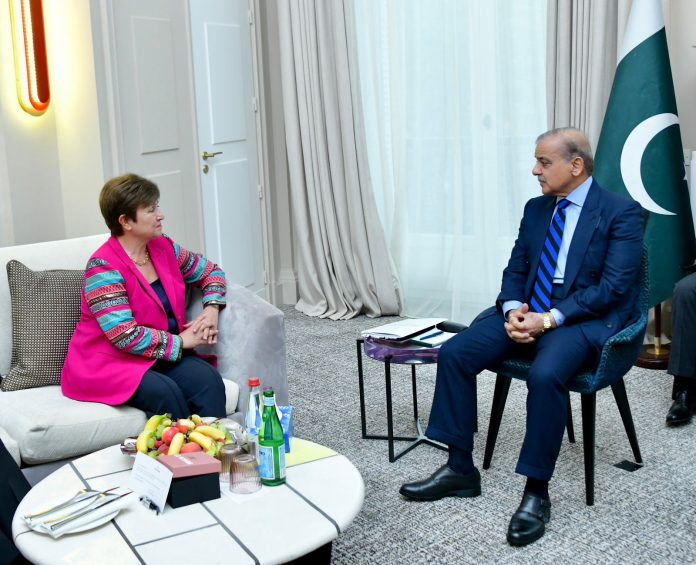
In a major development, Pakistan and the International Monetary Fund have begun discussions for a new short-term programme to receive the remaining $2.6 billion undisbursed amount of the current bailout package that is going to end unsuccessfully on Friday.
Only three days are left for the $6.5 billion Extended Fund Facility (EFF) to expire, with $2.6 billion amount undisbursed. On Tuesday, the IMF issued a fresh statement but did not announce a staff level agreement despite high hopes in the official circles.
The 9th review worth $1.2 billion is in order after the implementation of new conditions but we are keen to receive total undisbursed amount of $2.6 billion, which is only possible in a new programme, highly placed sources told The Express Tribune on Tuesday.
Also, Prime Minister Shehbaz Sharif discussed the issue of signing a new Stand-by Arrangement (SBA) programme worth $2.6 billion for a short-term period of six months with IMF Managing Director Kristalina Georgieva, according to the government sources.
The next 24 hours are very crucial for Pakistan, as the IMF management is expected to communicate its decision about the possibility of a new programme.
“The IMF team continues discussions with the Pakistani authorities with the aim of quickly reaching an agreement on financial support from the IMF,” said IMF Mission Chief to Pakistan Nathan Porter on Tuesday.
Porter’s statement was short of announcing the staff level agreement, which the Pakistani authorities were expecting to reach at the start of this week. However, the IMF acknowledged the efforts that Pakistan had made with regard to reaching a deal.
“Over the past few days, the Pakistani authorities have taken decisive measures to bring policies more in line with the economic reform programme supported by the IMF,” said Porter.
Porter said that the measures included the passage of a budget by parliament that broadens the tax base while opening up space for higher social and development spending, as well as steps towards improving the functioning of the foreign exchange market and tightening monetary policy to reduce the inflationary and balance of payment pressures that particularly affect the more vulnerable.
The IMF mission chief did not drop a hint whether the fund was in discussions with Pakistan for a new, short duration programme.
The $2.6 billion expected size of the new programme is equal to the remaining undisbursed amount under the current EFF. Finance Minister Ishaq Dar wanted that the size of the new SBA should be at least $3.5 billion, but the IMF did not agree, said the sources.
One of the prior conditions for the new SBA arrangement will be an increase in the annual base tariff by 33% or Rs8.25 per unit, according to sources in the Ministry of Energy.
The sources added that the base tariff might be increased to Rs33 per unit --up from Rs24.82 average current tariff. The notification for the new base tariff of Rs33 will be issued after its approval by the National Electric Power Regulatory Authority (NEPRA) by mid of July, said the sources.
The 33% increase in prices will force power consumers to cough up Rs710 billion more in the next fiscal year 2023-24, starting July 1.
Although the average increase in the base price will be Rs8.25 per unit, the impact on various categories of consumers will be much more than this due to different other charges.
According to the working of the Ministry of Energy, after an increase in the base tariff, the average per unit price of domestic consumers will be Rs34.50 -- up from Rs24.87 per unit. The electricity cost of the commercial user will be Rs55.66 per unit –- up from Rs44.2 per unit.
Similarly, the industrial consumer price may shoot up to Rs45 per unit from Rs34.64 and the agriculture tariff could be Rs30.65 per unit from Rs21.
The rates are based on the assumption of Rs308 to a dollar and the Karachi Interbank Offered rate of 22% and Libor at 5.32%. The other assumptions are that the power distribution companies will ensure 90% recovery of bills and the losses will be restricted to 16.39%. Any change in the assumptions will have direct bearing on the electricity cost.
Senior officials at the Energy Ministry argued that the impact on the consumers would not be high, as they were already paying around Rs34 per unit price due to quarterly tariff adjustments. They added, the net per unit price impact may be around Rs4 in the next fiscal year.
At the start of the current fiscal year, the government had also increased the average electricity prices by Rs7.91 per unit but it still could not address the issue of circular debt that jumped to Rs2.631 trillion by April this year.
The sources said that Pakistan was in discussions with Saudi Arabia and the United Arab Emirates for urgent disbursement of the $3 billion loans. They said that the possibility was that the UAE may disburse $1 billion this week and Saudi Arabia could disburse $2 billion in the first week of July.
The sources said that Pakistan had tried hard to get the staff level agreement for the new programme, as there was no time for the board level meeting. There was also discussions for having the IMF board approved the new SBA programme in the first half of July, which could lead to the disbursement of $1.2 billion tranche this week.
The short-term SBA will suit the country, as it will give an economic roadmap until the new government comes into power and negotiate a long-term programme. The constitutional term of the coalition government is ending on August 12, and the caretaker set-up will be in place until mid-October. The short-term programme will ensure that there is no uncertainty and it will also open the blocked foreign funding.
The prime minister held a phone call with IMF Managing Director Kristalina Georgieva and expressed the hope that the lender would announce a decision pertaining to the release of the bailout funds within a day or two.
“PM Shehbaz expressed hope that coordination on the points of the IMF programme would lead to a decision from the global lender in a day or two,” according to a statement issued by the PM’s Office after the call.
The IMF managing director acknowledged efforts by the finance minister and his team for completion of the programme, according to the PM’s Office.
“The prime minister also reiterated his determination to achieve the goals of improving the economic situation through joint efforts,” the handout added.
It also quoted Georgieva as saying that the fund wanted Pakistan’s economic situation to improve and appreciated the commitment of the premier.
In order to pave the way for reviving strained relations with the IMF, the government in the past few days has taken many steps. It slapped Rs215 billion additional taxes, increased the interest rates by 1% and cut the expenditure by Rs85 billion.
The government also notified a new quarterly tariff adjustment of Rs1.25 per unit for winning over the trust of the IMF. The government also withdrew the $100,000 amnesty scheme.
It also lifted import restrictions, a Rs16 billion hike in Benazir Income Support Programme allocations, and the powers to increase the petroleum levy from Rs50 to Rs60 per litre.
The sources said that the petroleum levy will be increased to Rs55 per liter with effect from July 1. There is an understanding with the IMF that the average petroleum levy rate will not be less than Rs55 per liter for the whole of fiscal year 2023-24.


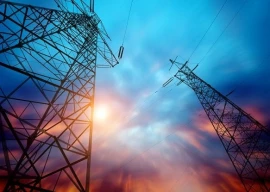

1674793438-0/image-(17)1674793438-0-270x192.webp)
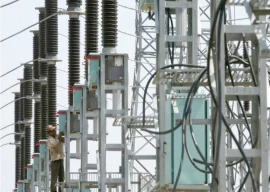




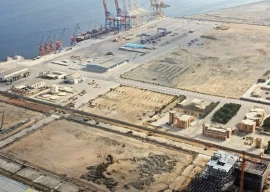
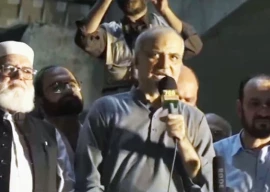
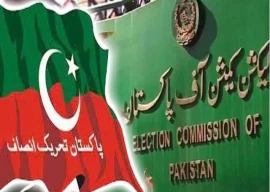

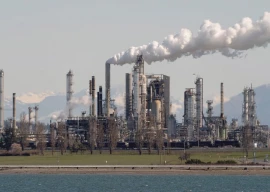







COMMENTS
Comments are moderated and generally will be posted if they are on-topic and not abusive.
For more information, please see our Comments FAQ